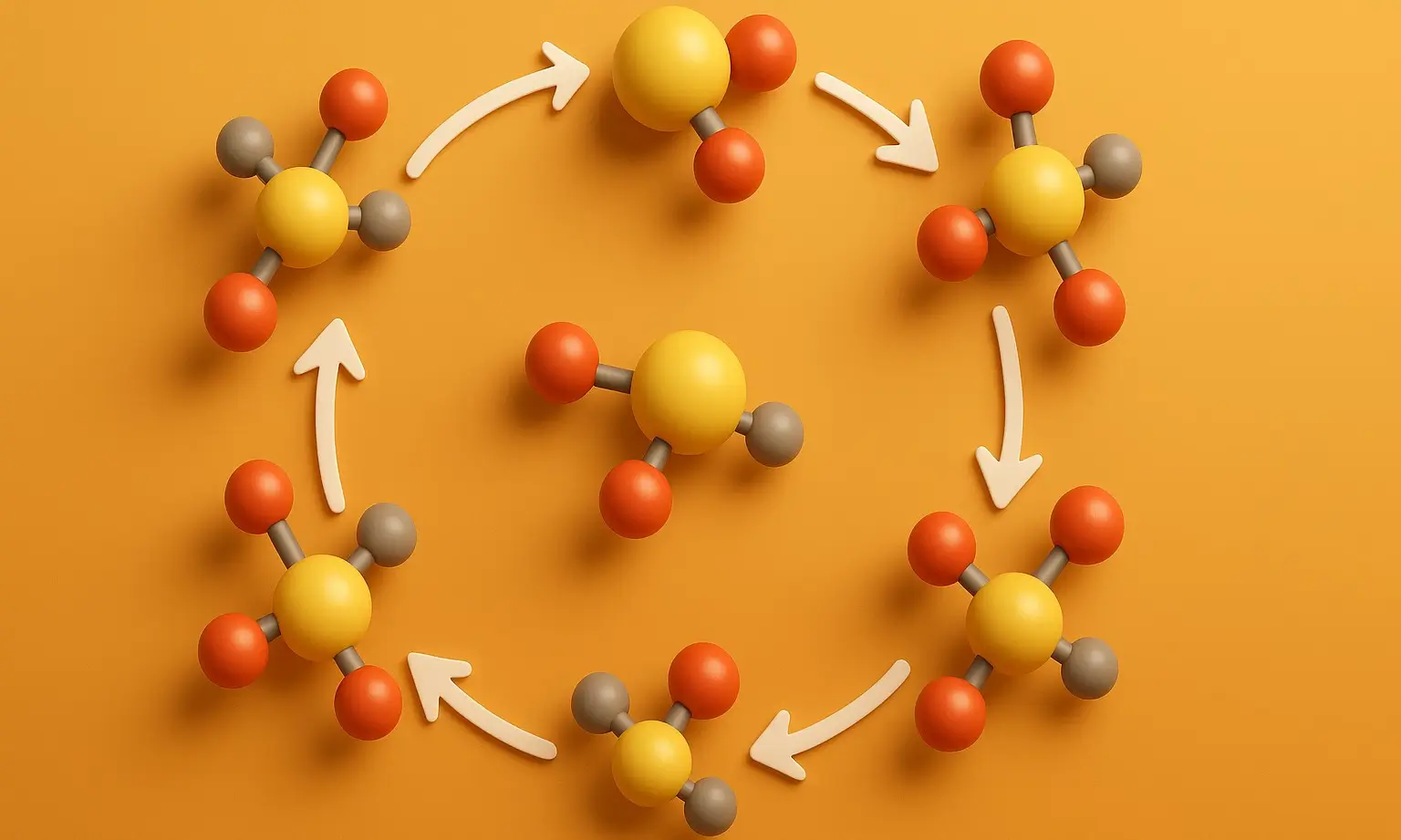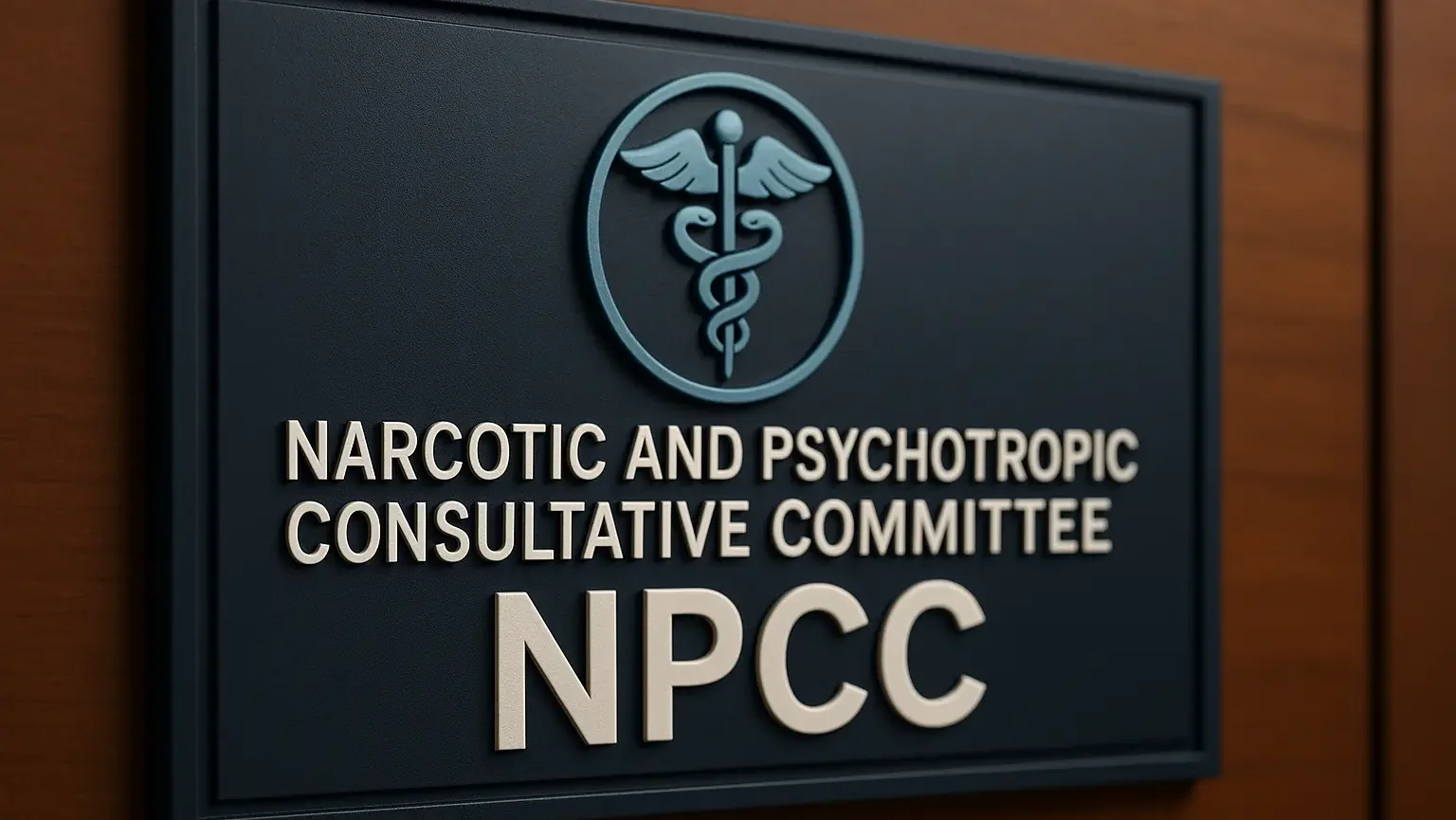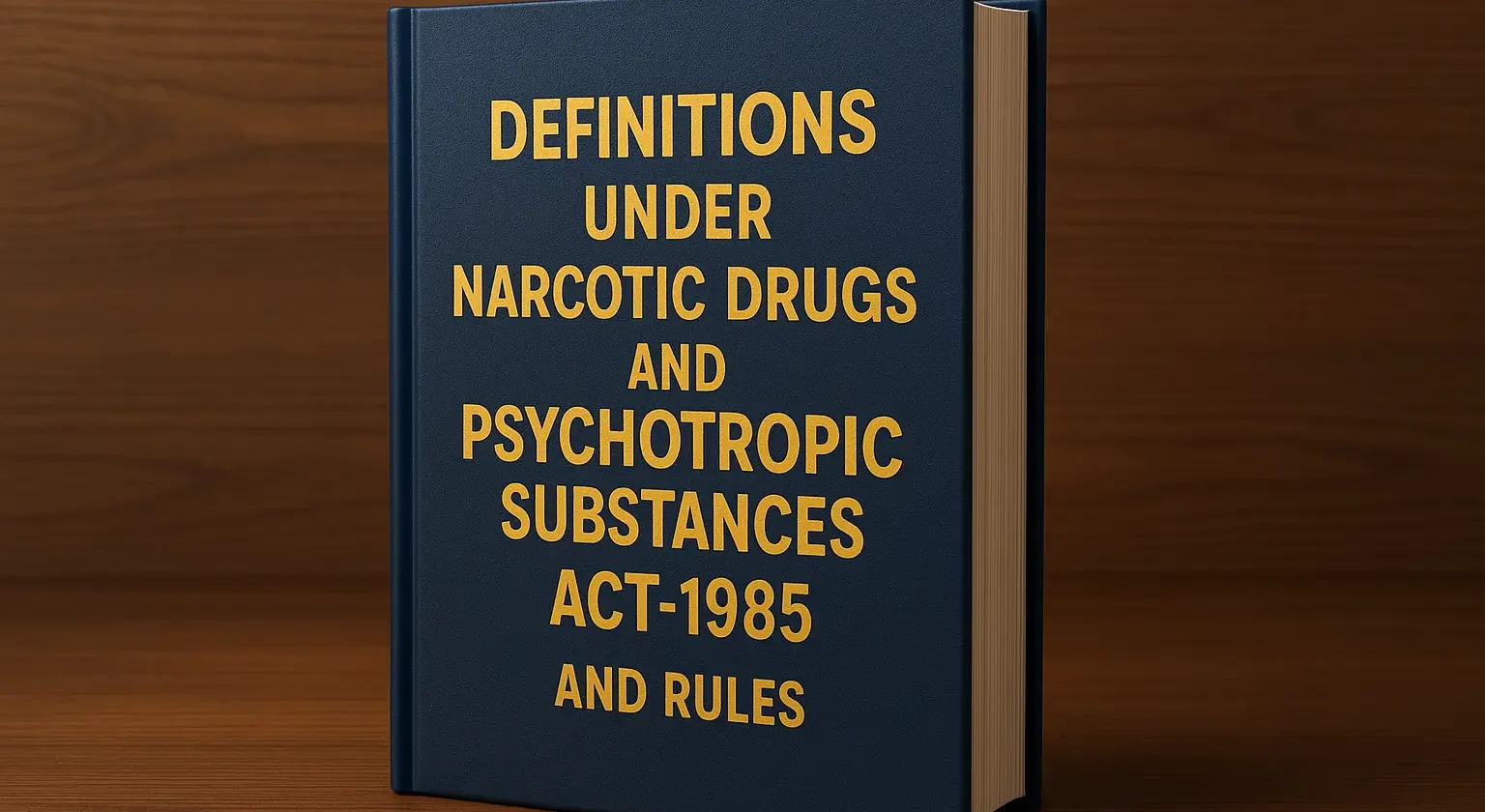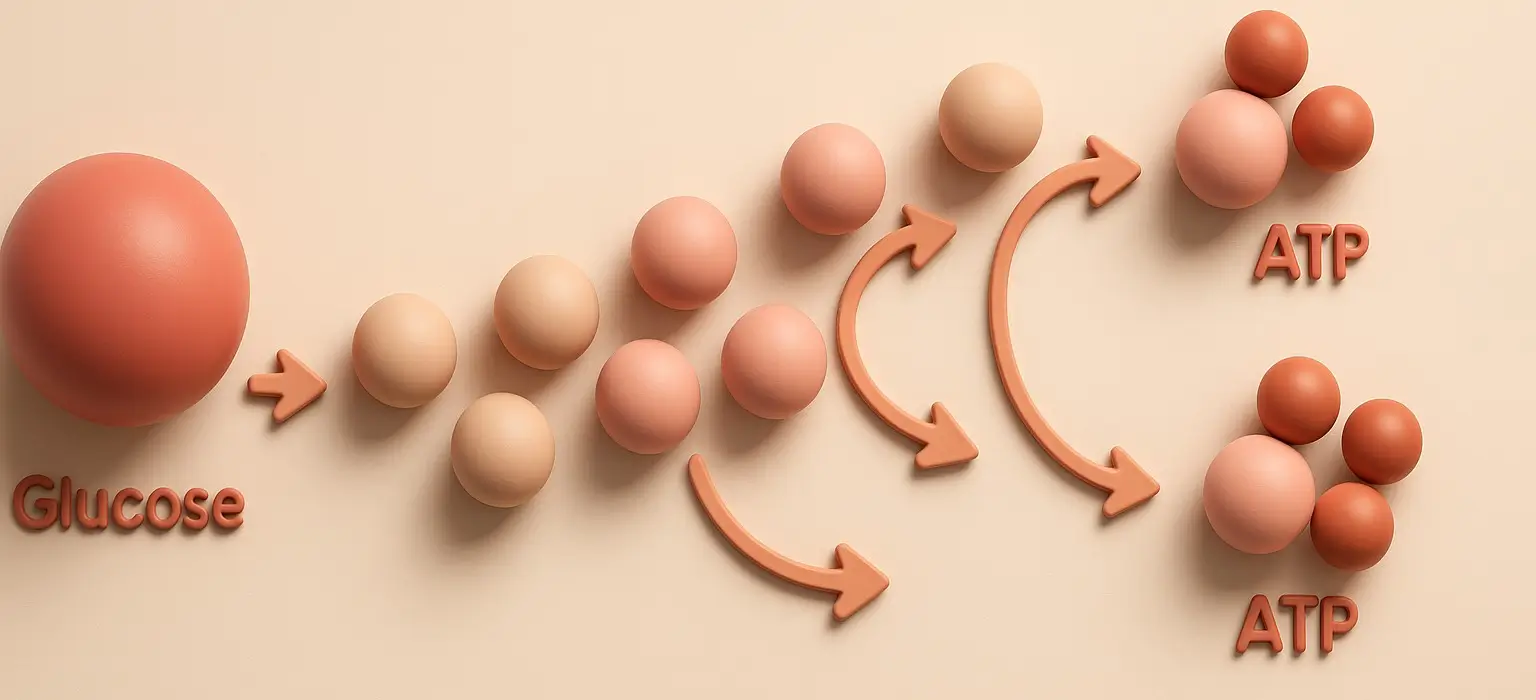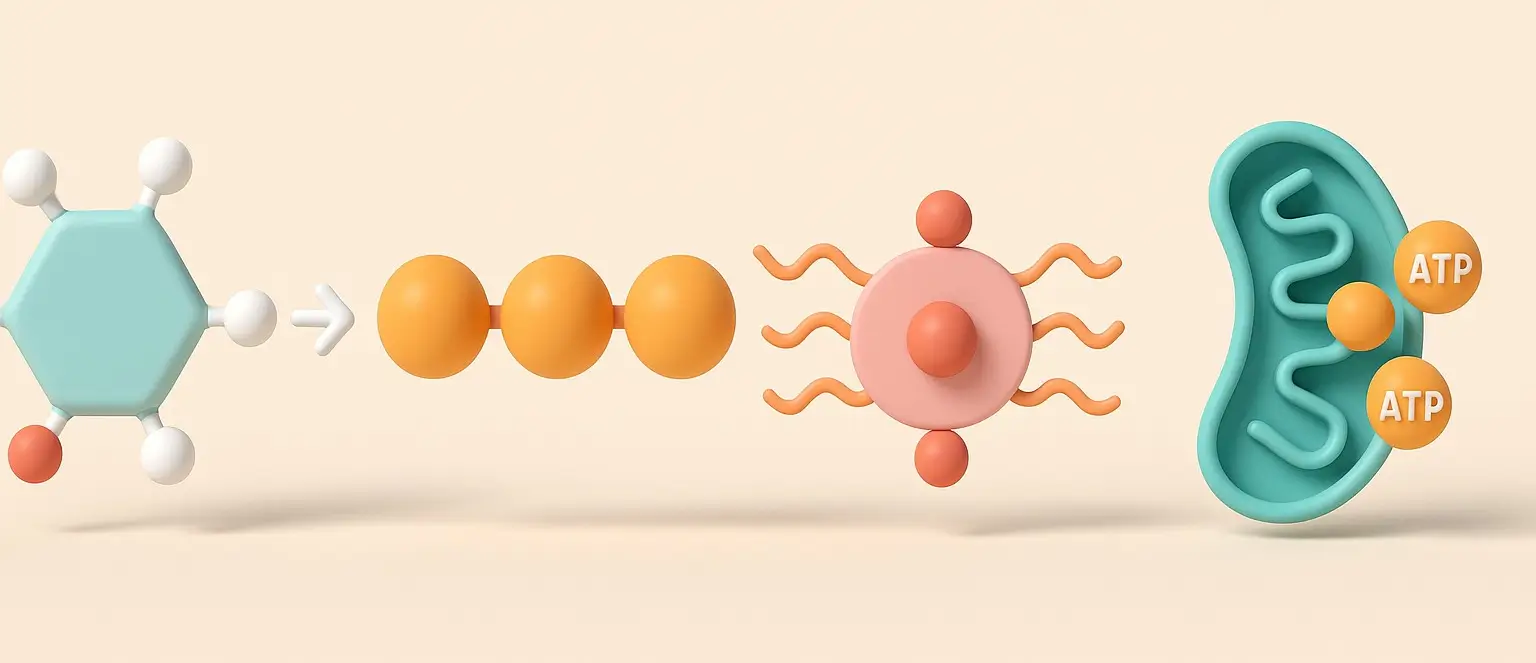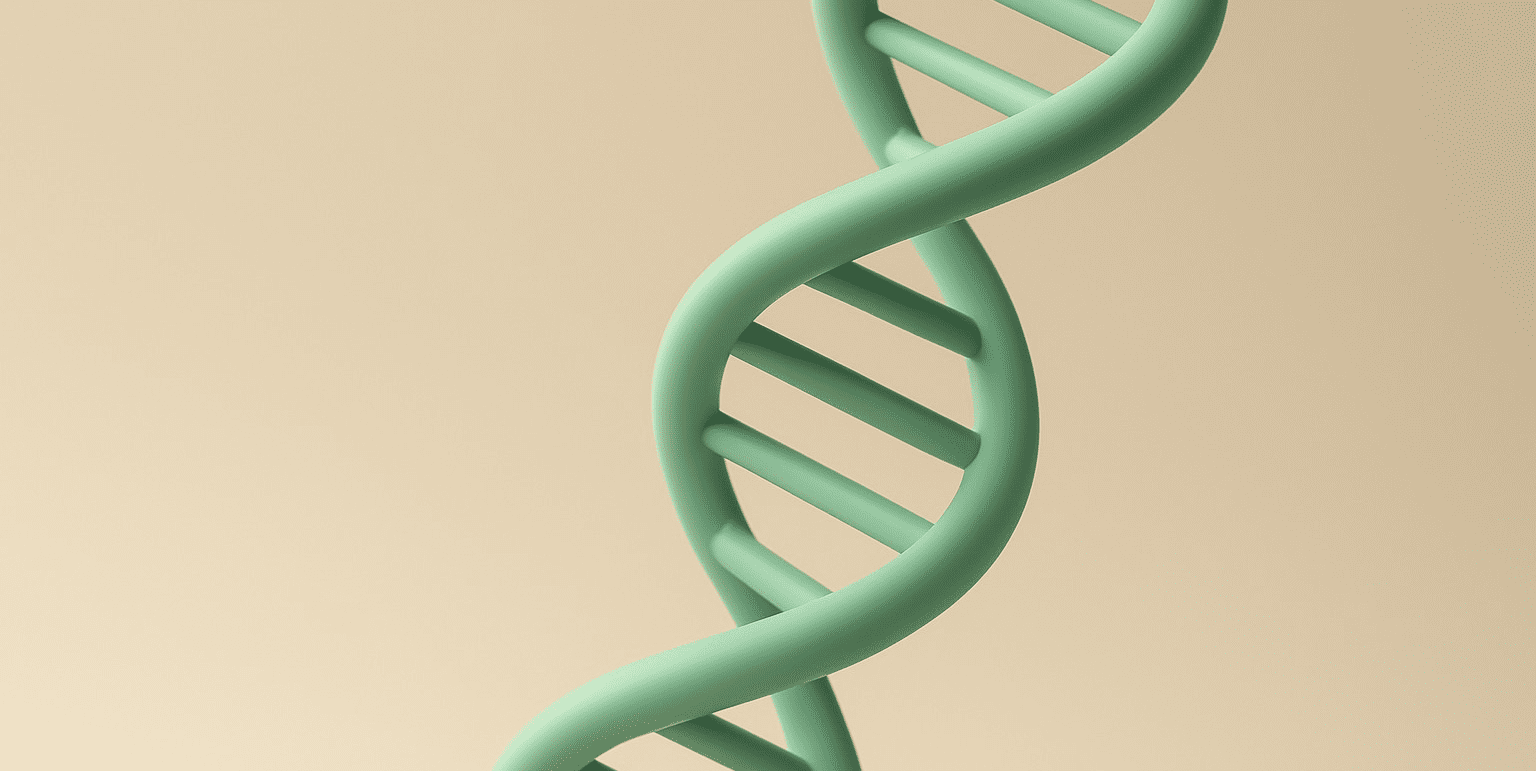Citric acid cycle- Pathway, energetics and significance
The Citric Acid Cycle, also known as the Krebs cycle or the Tricarboxylic Acid (TCA) cycle, is a cornerstone of cellular metabolism, pivotal in the breakdown and conversion of carbohydrates, fats, and proteins into usable energy. This cycle takes place in the mitochondrial matrix of eukaryotic cells, where it serves the dual purpose of generating … Read more

